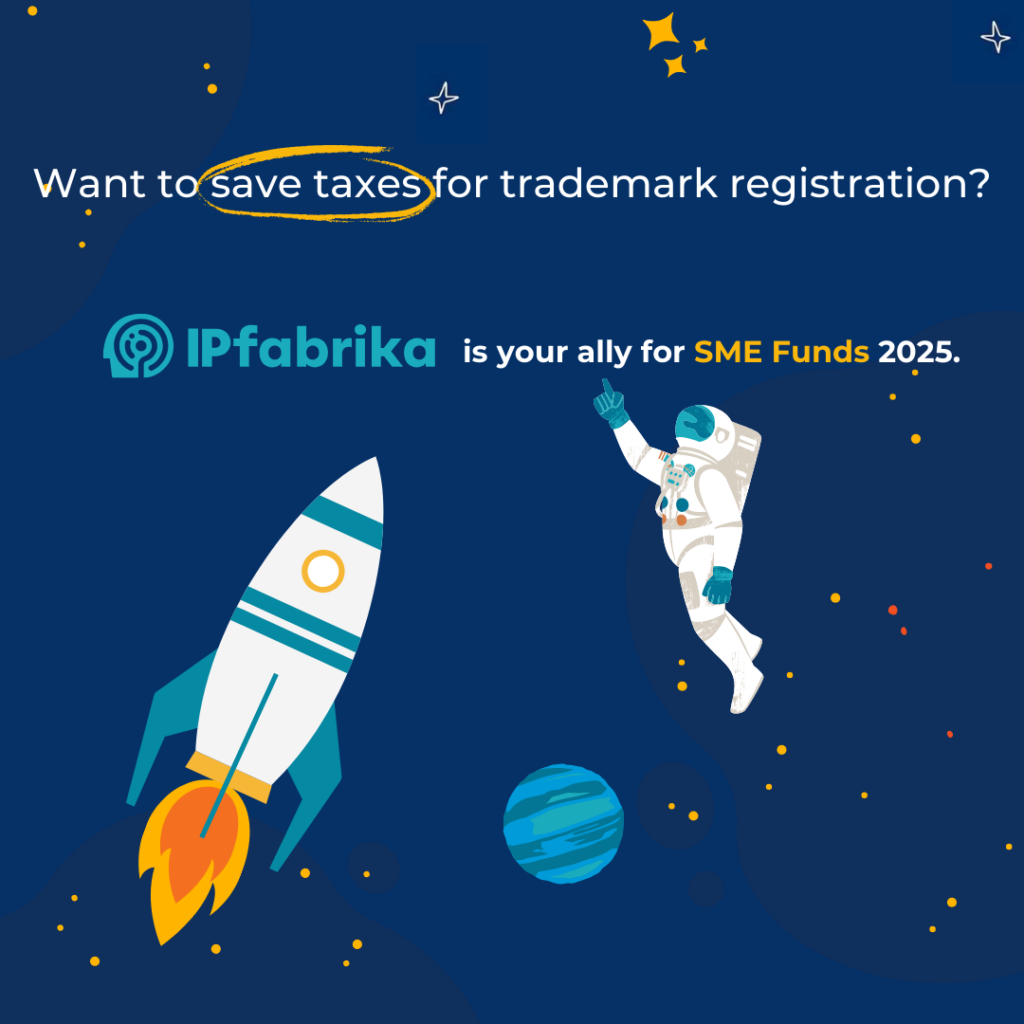What does it mean to be a “creator,” “holder,” “applicant,” or “representative” of a trademark? Do entrepreneurs and non-profit legal entities have the right to own trademarks?
The creator of a trademark is its “designer”—someone who develops the logo and markets it. Often, the creator doesn’t use the trademark themselves but transfers it (for a fee or free of charge) to a user or holder for their business purposes. While anyone can create their own logo, to use and register it, they must first ensure there are no grounds for refusal of registration. This typically requires extensive market research and administrative procedures. For this reason, designers often don’t concern themselves with protecting the trademarks they create—they may retain the copyright but leave the trademark protection to the user.
For example, in the latter half of the 20th century, the famous Bulgarian graphic artist Stefan Kanchev, known as the “father of the Bulgarian logo,” designed dozens of logos that remain recognizable today (including those for “BNT,” “Petrol,” and “Sofia Theatre”). He sold these designs to the respective entities that would use them.
In this way, the logo reaches its “owner”—the individual or legal entity in whose commercial assets the trademark resides. The owner can then benefit from the trademark through brand recognition, sales revenue, licenses, distinctiveness, and legal protection. At the EU level, nearly EUR 6.4 billion of GDP across member states comes from profits linked to intellectual property rights (e.g., franchise agreements, licenses, etc.).
Many individuals wonder, “Can I be a trademark owner?” There is no obstacle to this. The key consideration is how the brand will be used. If an individual is an entrepreneur or a sole trader, they can use the trademark for their business, just like companies use their brands.
Recently, more entrepreneurs—defined under Bulgarian Commercial Law as any individual engaged in economic activity, a craft, or a free profession, without needing to register a commercial company—are focusing on making their brand recognizable. As a result, the likelihood of individuals applying for and registering trademarks for personal use has increased. However, the question of how proceeds from the trademark will be managed, especially when transitioning from non-commercial to commercial activities, remains open. There is no issue with the individual retaining ownership of the trademark as long as the connection to the potentially commercial entity is clear.
Another interesting question is whether a non-profit legal entity (such as an association or foundation) can own a trademark, given that non-profits can only engage in business activities related to their main mission. As long as the trademark serves non-commercial purposes—such as promoting recognition and distinguishing the association or foundation—there is no obstacle. However, if the trademark starts generating revenue, Article 3, paragraph 3 of the Bulgarian Law on Non-Profit Legal Entities requires that these proceeds be reinvested to achieve the organization’s stated goals.
Often, the trademark owner is also the applicant for its registration. The roles of “applicant” and “holder” are essentially the same but depend on the stage of the registration process. Before the trademark is registered, person X or company X is the applicant. Once the opposition period expires and the registration is complete, they become the holder.
Since the process of trademark registration and ownership can involve complexities beyond the average person’s knowledge, many individuals and companies seeking to register a trademark turn to professionals—such as lawyers or industrial property representatives. These experts assist creators, owners, and applicants throughout the registration and protection processes, including handling opposition matters, takedown requests, and other infringements. Their contact information is often listed in official registers to ensure that applicants and holders receive competent guidance on related legal procedures.
If you need help with intellectual property matters, our professionals are available. Contact us to schedule a consultation.
Image: AndreyPopov, Getty Images





